The global picture: new standards for industrial development
Globally, cost pressures (construction materials, energy, logistics) are increasing, affecting the ability to invest in new factory expansion. Along with that, many countries and multinational corporations set higher standards for industrial parks (IPs): they must be “green”, “smart”, and comply with ESG (Environmental, Social, Governance) standards. Investors do not only choose based on good price criteria but also demand sustainability, operational efficiency, low energy costs, and risk management.
In addition, trade wars and new tariff policies can change global investment flows. Vietnam, with its key role in the global supply chain, is affected by tariffs from the US and changes in import and export regulations of major markets. OECD in its Economic Surveys: Vietnam 2025 report assessed that maintaining Vietnam's FDI inflows will become more difficult when Vietnam's export taxes increase.
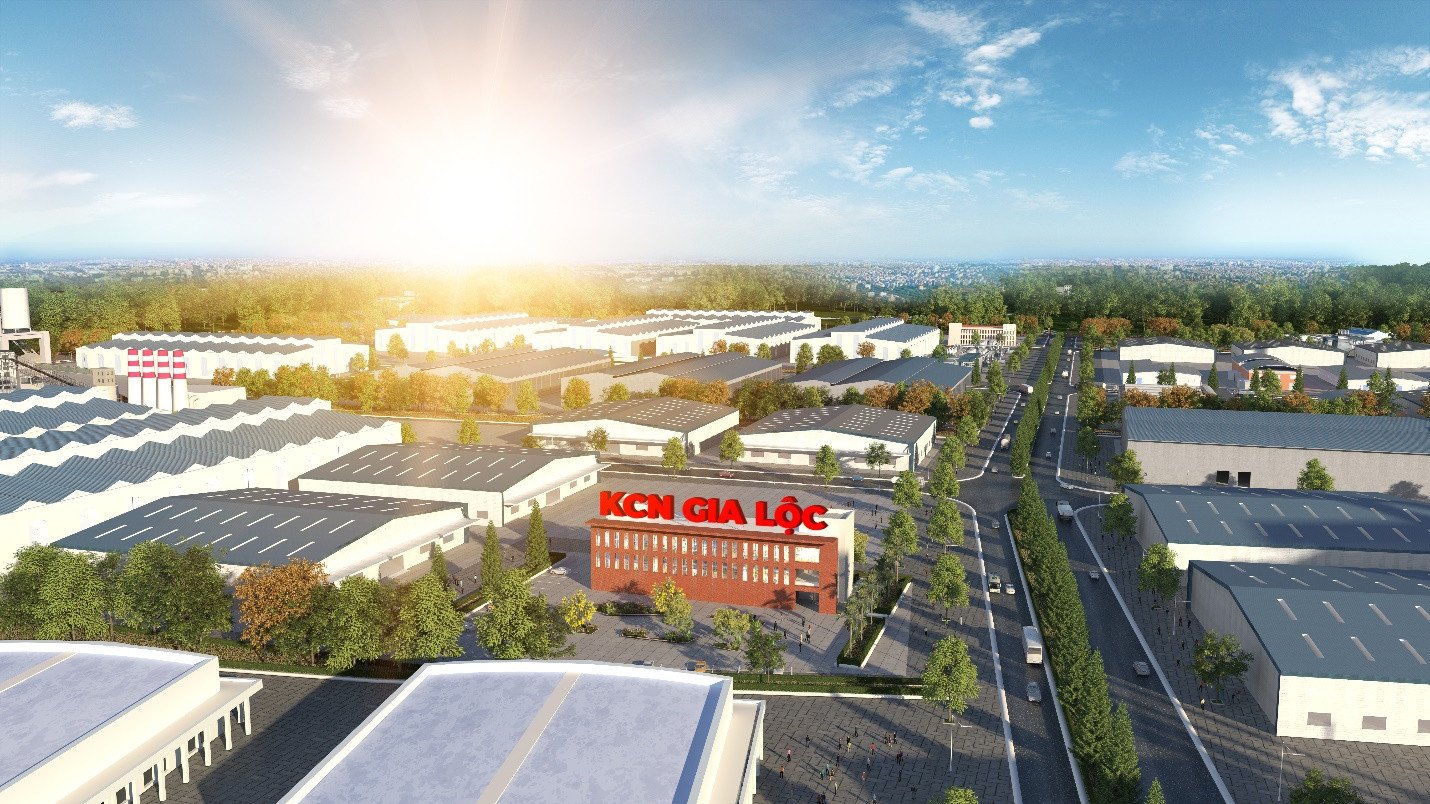
In the context of regional countries such as Thailand, Indonesia, and Malaysia constantly improving logistics infrastructure, urban-industrial linkages, tax incentives, and land to attract "eagles", if Vietnam does not make progress in institutional, technological, and planning reforms, it will face the risk of losing its competitive advantage.
To thrive, industrial park developers in Vietnam need to understand the issues that investors are concerned about. Firstly, industrial land prices, construction and material costs, labor and energy costs tend to increase, affecting investors' expected profits. Secondly, investors increasingly attach importance to factors such as stable power supply, waste treatment, traffic and telecommunication connections, and efficient logistics chains. Industrial parks that only stop at basic infrastructure will find it difficult to compete.
Solutions from ROX iPark practice
The problem of attracting FDI into Vietnam’s industrial parks is not only about “how much land rental costs”, but also about the ability to create a sustainable, modern and favorable production environment for investors. This approach not only helps domestic enterprises improve their competitiveness, but also strengthens Vietnam’s position as a strategic destination in the global supply chain.
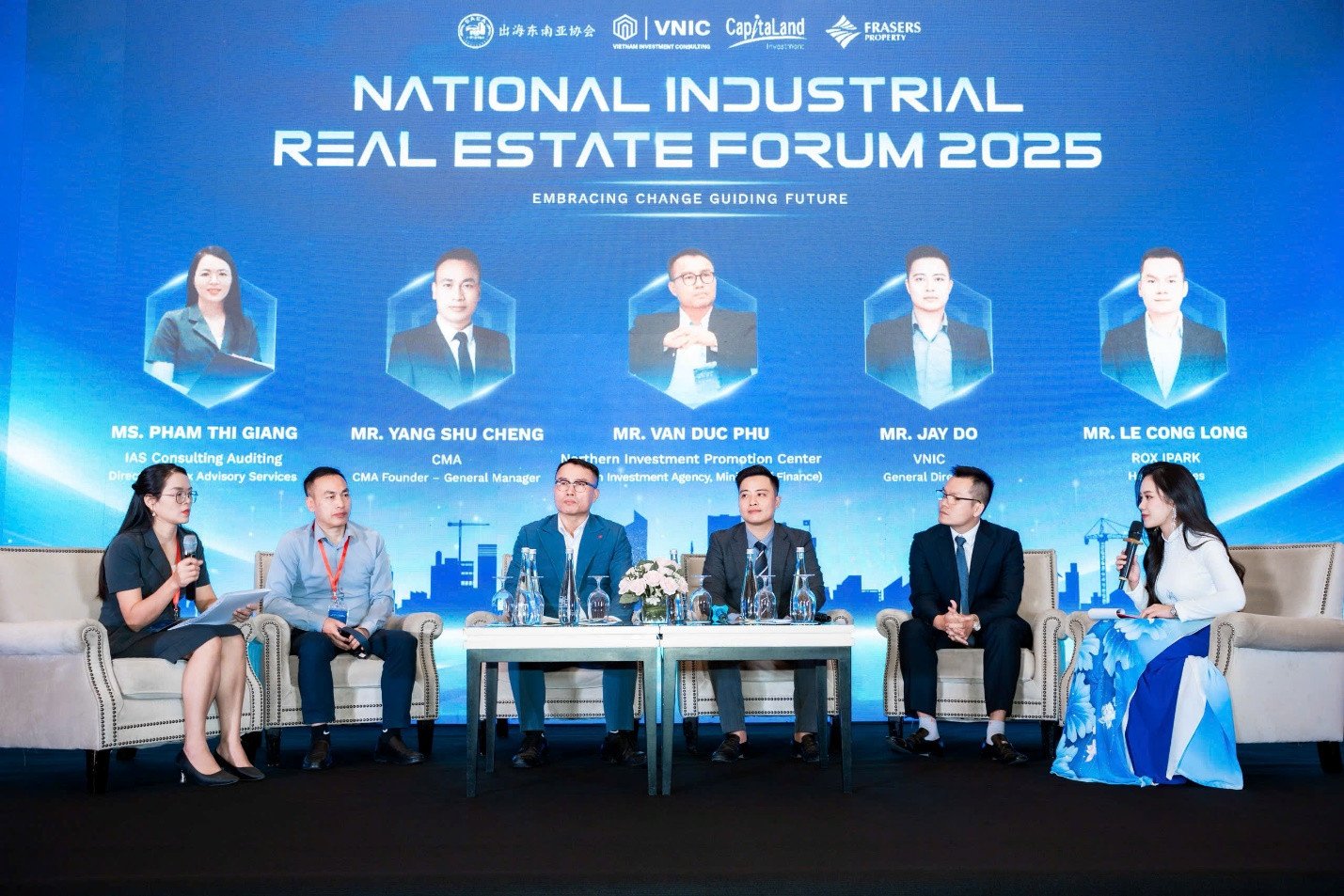
According to the representative of ROX iPark Investment and Development Joint Stock Company at the National Industrial Real Estate Forum 2025, the strategy of this enterprise does not focus on short-term price competition but aims at a sustainable development platform for investors. Some outstanding solutions include: Maintaining reasonable rental prices but at the same time providing additional added value such as legal support, human resources, and smart industrial park management solutions. Along with that, the enterprise aims to develop infrastructure that meets ESG standards (wastewater treatment system, energy saving, increasing green space, applying digital technology in operational management). ROX iPark also focuses on developing a comprehensive ecosystem to help investors shorten project implementation time and minimize risks, instead of just stopping at land leasing.
In fact, the projects that ROX iPark is developing such as Quang Minh, Gia Loc, Minh Quang or Que Vo III show that this orientation is being strongly implemented.
In the first 8 months of 2025, registered FDI capital reached about 26.14 billion USD, an increase of 27.3% over the same period in 2024; realized capital reached 15.4 billion USD, the highest level in the past 5 years. These figures confirm that international investors' confidence in Vietnam remains very stable. This shows that Vietnam continues to affirm its position as an attractive, safe investment destination with the ability to flexibly adapt to global fluctuations, including efforts in both macro policies and efforts to improve service quality of investors such as ROX iPark.
Le Thanh
Source: https://vietnamnet.vn/giai-bai-toan-thu-hut-dau-tu-ben-vung-vao-cac-khu-cong-nghiep-viet-nam-2448862.html


![[Photo] National Assembly Chairman Tran Thanh Man holds talks with President of the Senate of the Czech Republic Milos Vystrcil](/_next/image?url=https%3A%2F%2Fvphoto.vietnam.vn%2Fthumb%2F1200x675%2Fvietnam%2Fresource%2FIMAGE%2F2025%2F11%2F21%2F1763715853195_ndo_br_bnd-6440-jpg.webp&w=3840&q=75)
![[Photo] General Secretary To Lam receives President of the Senate of the Czech Republic Milos Vystrcil](/_next/image?url=https%3A%2F%2Fvphoto.vietnam.vn%2Fthumb%2F1200x675%2Fvietnam%2Fresource%2FIMAGE%2F2025%2F11%2F21%2F1763723946294_ndo_br_1-8401-jpg.webp&w=3840&q=75)
![[Photo] President Luong Cuong receives Speaker of the Korean National Assembly Woo Won Shik](/_next/image?url=https%3A%2F%2Fvphoto.vietnam.vn%2Fthumb%2F1200x675%2Fvietnam%2Fresource%2FIMAGE%2F2025%2F11%2F21%2F1763720046458_ndo_br_1-jpg.webp&w=3840&q=75)
![[Photo] Visit Hung Yen to admire the "wooden masterpiece" pagoda in the heart of the Northern Delta](/_next/image?url=https%3A%2F%2Fvphoto.vietnam.vn%2Fthumb%2F1200x675%2Fvietnam%2Fresource%2FIMAGE%2F2025%2F11%2F21%2F1763716446000_a1-bnd-8471-1769-jpg.webp&w=3840&q=75)


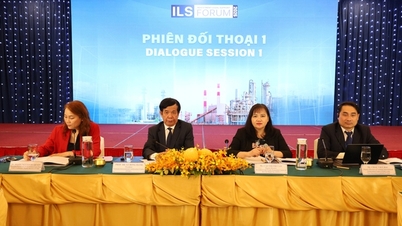

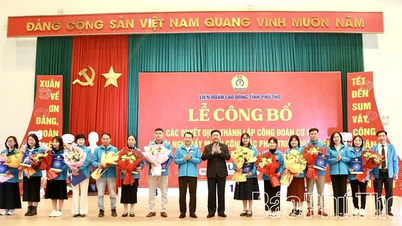

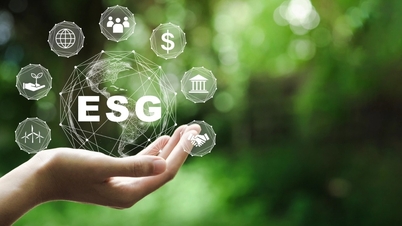




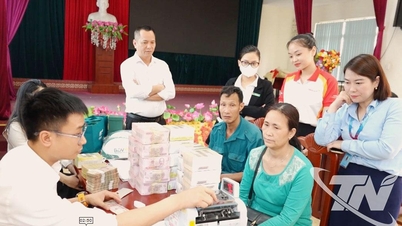


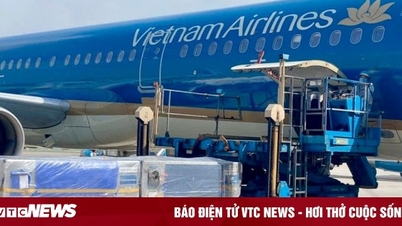

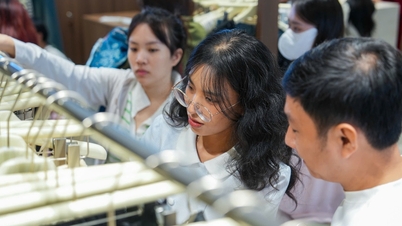

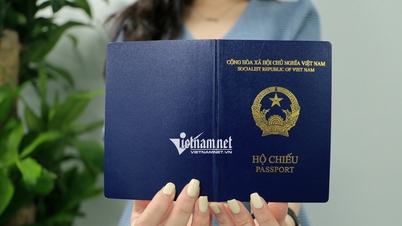

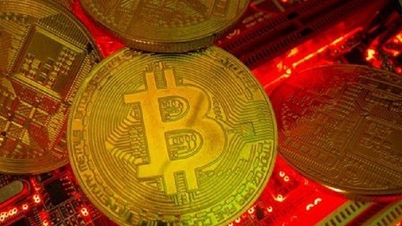




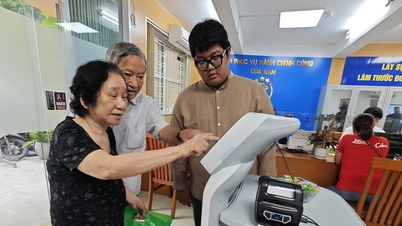

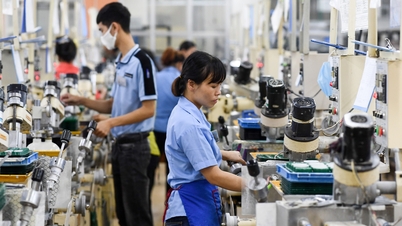














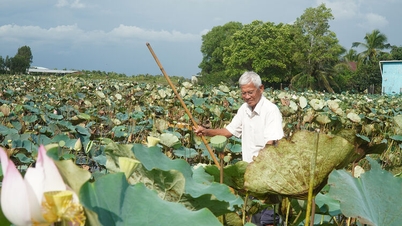











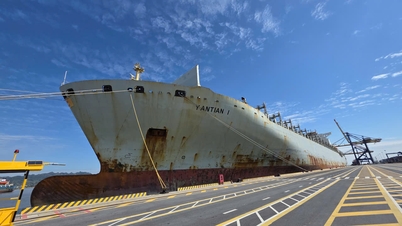
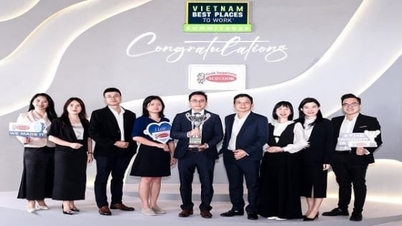


















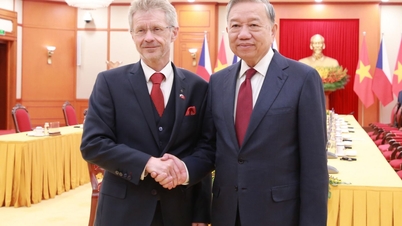



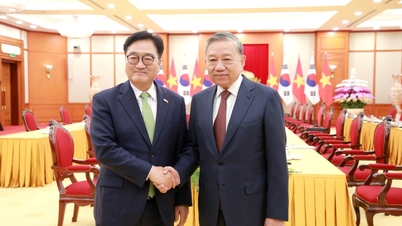
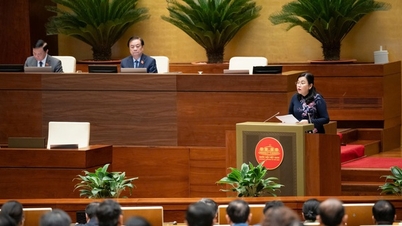

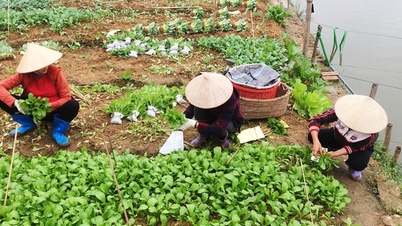
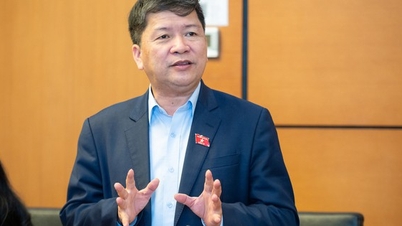



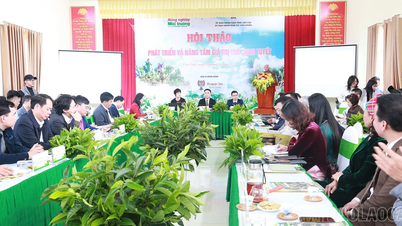


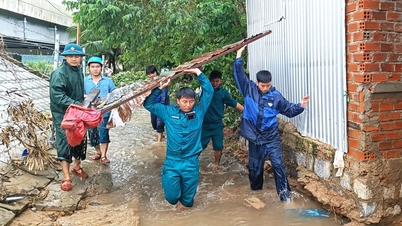

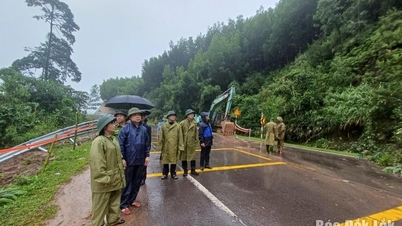















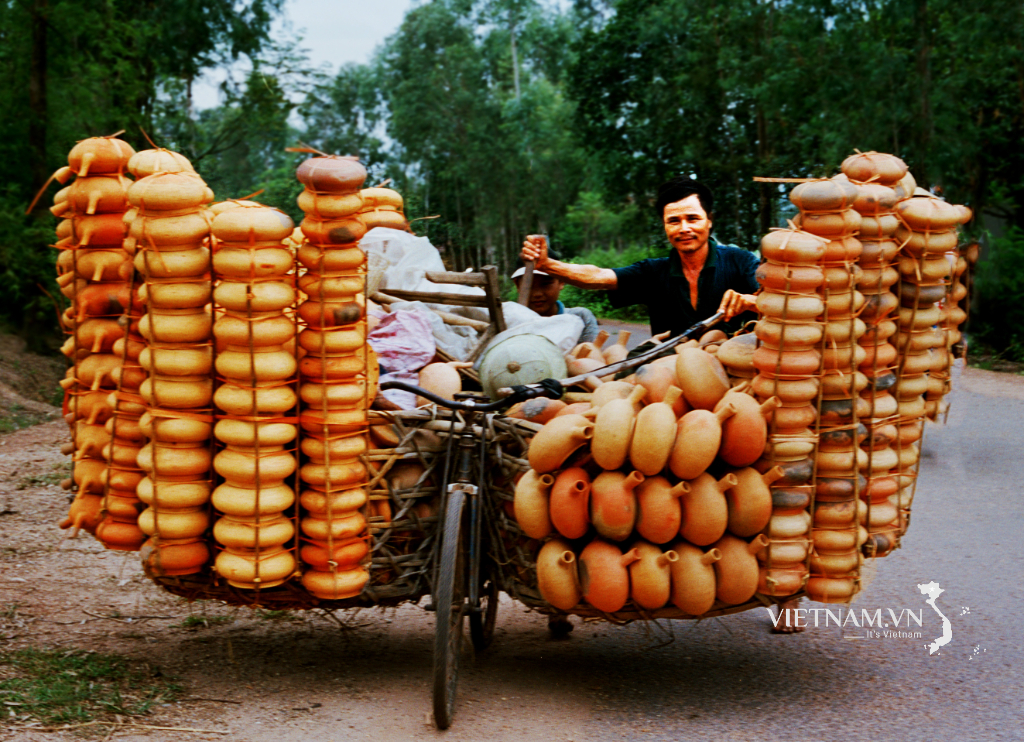
Comment (0)